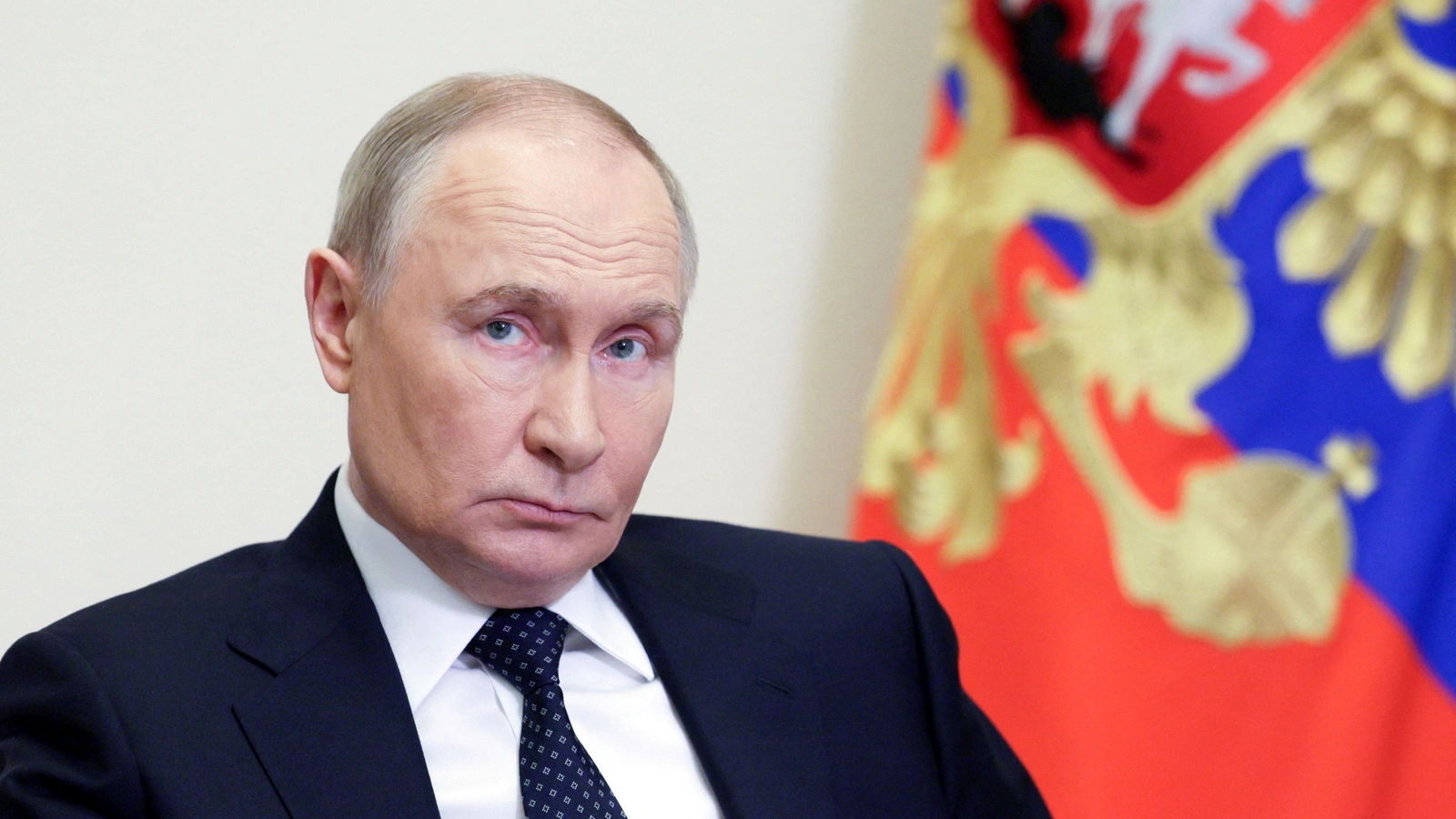Russian President Vladimir Putin has signed a new decree that permits the country to raise its greenhouse gas emissions by up to 20 percent by 2035, compared to 2021 levels — a move that has drawn sharp criticism from climate advocates.
Although Russia has committed to reaching net-zero emissions by 2060, the revised target now allows for emissions to rise to approximately two billion tonnes of carbon dioxide equivalent within the next decade. This figure is notably higher than the 2021 emission level of 1.7 billion tonnes, though still below the Soviet-era peak of 3.1 billion tonnes recorded in 1990.
The policy, signed into law on Wednesday, calls for emissions to fall to 65–67 percent of 1990 levels by 2035. The government is also instructed to factor in the carbon-absorbing capacity of Russia’s expansive forests, which cover more than half the country’s territory.
Environmental groups have slammed the updated trajectory as insufficient in the face of escalating global climate threats. Russia remains the world’s fourth-largest carbon emitter, and its climate commitments have long been criticized as falling short of international standards.
Russia has cautioned against phasing out fossil fuels at previous climate summits.
Its economy is largely dependent on oil and gas exports and it has repeatedly set targets campaigners have described as unclear and unambitious.
Read also: Russia: Minister Sacked By Putin Committed Suicide
Environmental experts have raised fresh concerns over Russia’s decision to raise its greenhouse gas emissions cap by 2035, warning that the move could seriously undermine global efforts to contain climate change.
A central point of contention is Russia’s continued use of 1990 as its emissions benchmark. Analysts say this baseline is misleading, as the country’s emissions plummeted by over 50 percent between 1990 and 2000—not due to climate policy, but as a result of the industrial collapse that followed the Soviet Union’s disintegration.
While Russia has signed the Paris Agreement, which seeks to limit global warming to 1.5°C above pre-industrial levels, the country’s revised emissions strategy appears at odds with that ambition. Under the new decree, signed by President Vladimir Putin, emissions could rise by around 20 percent from 2021 levels, reaching roughly two billion tonnes of CO₂ equivalent by 2035.
Adding to the urgency, Russia is already heating up 2.5 times faster than the global average, according to the head of the country’s own meteorological agency. Meanwhile, the UN’s Intergovernmental Panel on Climate Change warns that the world faces a 50/50 chance of breaching the 1.5°C threshold as early as the 2030s—an outcome that would have devastating and irreversible consequences for ecosystems, economies, and vulnerable populations.
Environmentalists say the Kremlin’s latest move signals a troubling lack of urgency in a country where climate change is accelerating visibly—from raging wildfires in Siberia to rapidly thawing permafrost that threatens infrastructure and livelihoods.
